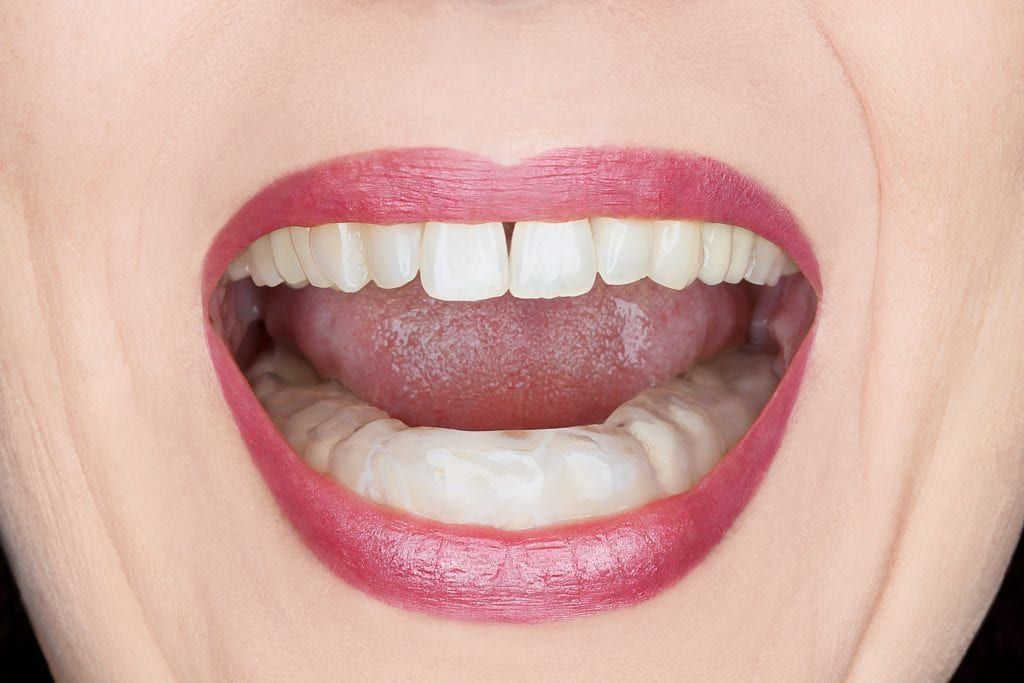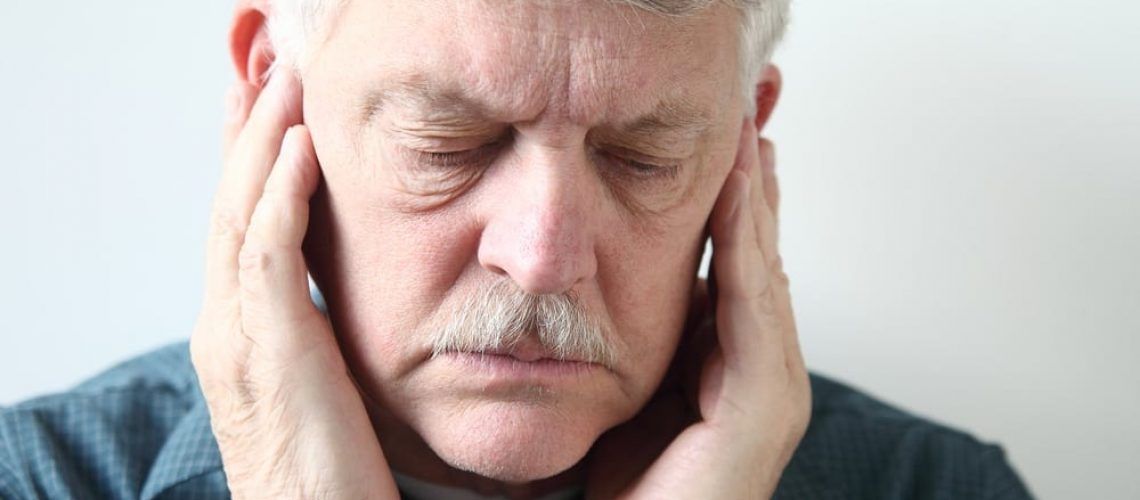Bruxism is the term used to describe when someone grinds or clenches their teeth. Often this behavior is attributed to stress and can be extremely destructive to your natural tooth structure. Some people experience bruxism while awake and others experience sleep bruxism at night only. Short-term effects of bruxism can include headache, ear ache, shoulder tightness, aching jaw, sleep disruption, and receding gums. Severe or persistent bruxism can eventually lead to jaw problems such as temporomandibular joint disorder (TMD) and even broken teeth.
Did You Know?
According to The Bruxism Association, Bruxism affects about 8-10% of the population and is most commonly seen in people ages 25-44. Of these cases, 80% occurs during sleep and 70% of sleep bruxism cases have been attributed to stress and anxiety.
Frequently Asked Questions:
Do I have bruxism?
If you grind or clench your teeth, then you have bruxism. However, some people may be unaware of this, especially if it only happens at night. The following symptoms can indicate bruxism:
- Flattened, fractured, cracked, chipped, or loose teeth
- Tooth pain or tooth sensitivity
- Worn enamel
- Jaw pain that can extend into the face and neck
- Difficulty opening jaw
- Tired or tight jaw muscles
- Ear pain or ringing
- Headaches around the temples
- Chew marks on the inside of your cheek
- Sleep disturbances
If you are experiencing any of these symptoms, schedule a consultation with Dr. Perry Woo today to be examined for signs of bruxism.
How is bruxism diagnosed?
To diagnose bruxism, Dr. Perry Woo will examine your teeth and bite. He will check for tenderness around your jaw, signs of worn or damaged teeth, and for damage on the inner sides of your cheek. Depending on how long you’ve had bruxism, your teeth may have already changed in structure. He may also check your teeth for signs of sensitivity and your gums for signs of recession.
Your medical history and current medications will also be discussed because certain conditions and medications can contribute to bruxism. For example, certain antidepressants can increase your risk. Parkinson’s disease, dementia, gastroesophageal reflux disorder (GERD), epilepsy, night terrors, sleep-related disorders, and ADHD can also increase the risk of bruxism. Finally, he will ask you about your current stress levels and stress management strategies, as well as your sleep habits.
How is bruxism treated?

Bruxism is commonly treated with a dental bite guard. A dental bite guard is a dental appliance that fits over your teeth. It will place your jaw into a more comfortable position while you sleep and decrease the prevalence of teeth grinding. Additionally, it acts as a protective barrier between your upper and lower teeth. This prevents your teeth from becoming damaged if you grind your teeth. Dental bite guards can also be used to alleviate sleep apnea symptoms.
Managing your stress is another important way to treat bruxism. As mentioned before, many people’s bruxism can be linked to stress or anxiety. Finding a way to reduce your stress levels will help your body to relax and decrease the occurrence of bruxism. Additionally, practicing good sleep hygiene can also help with your stress levels.

